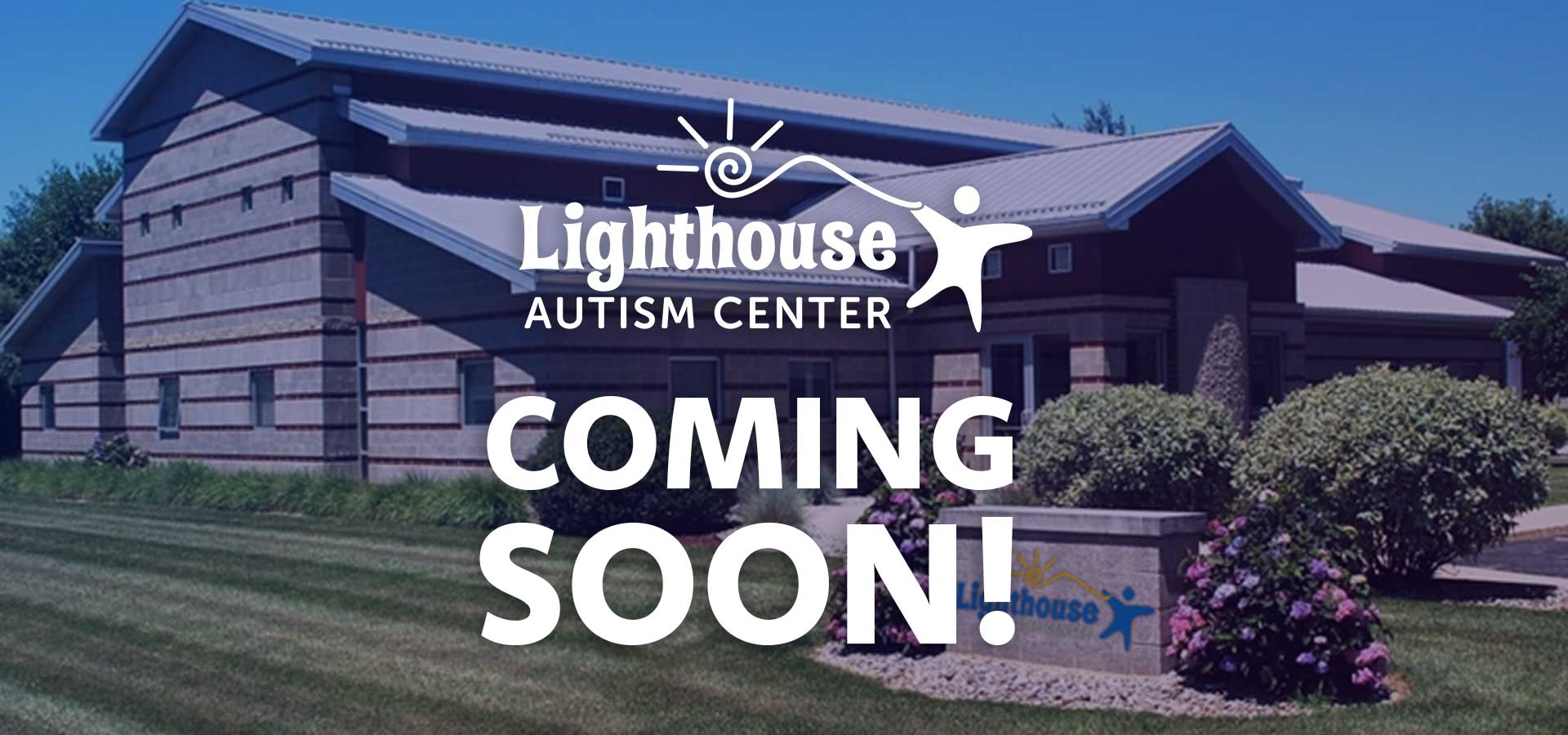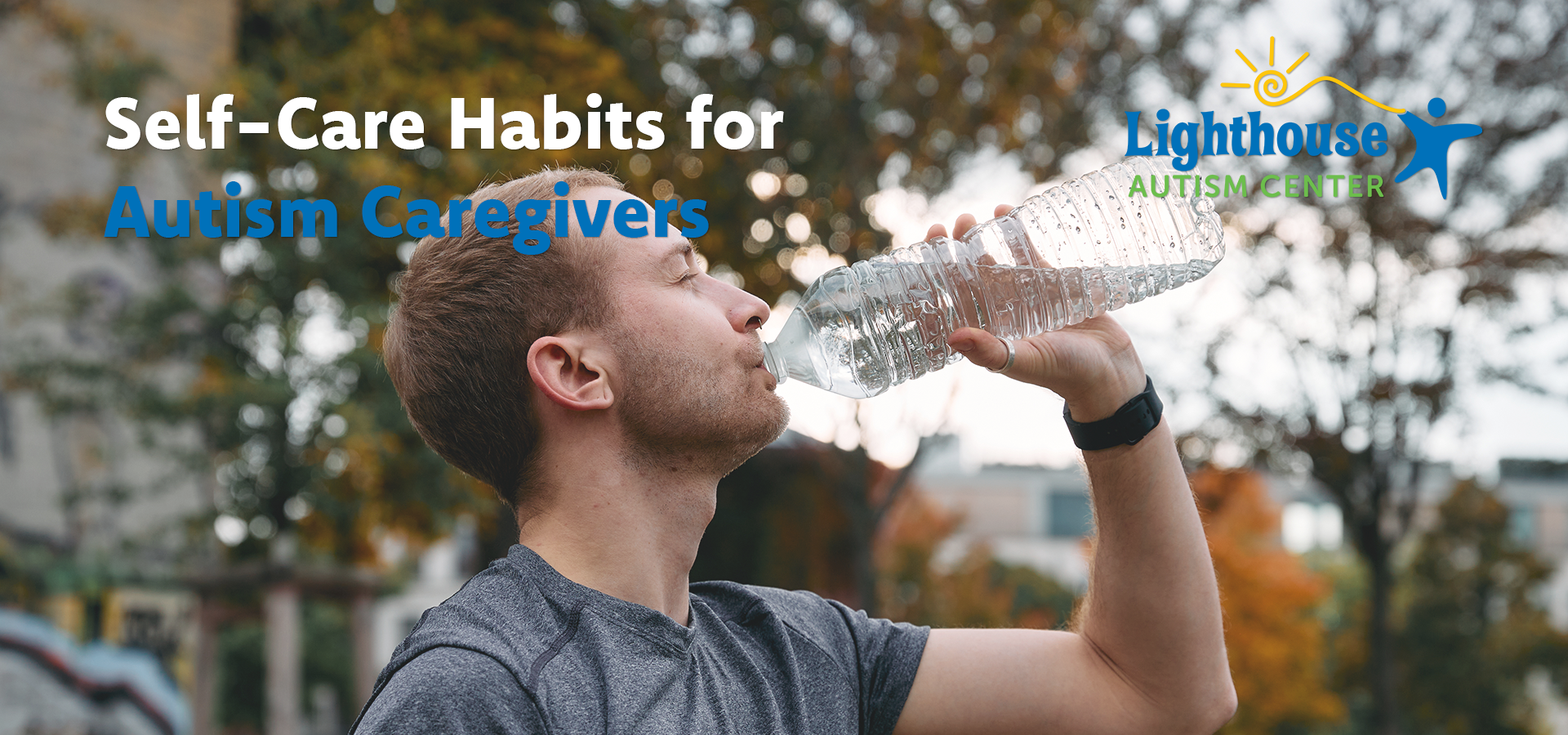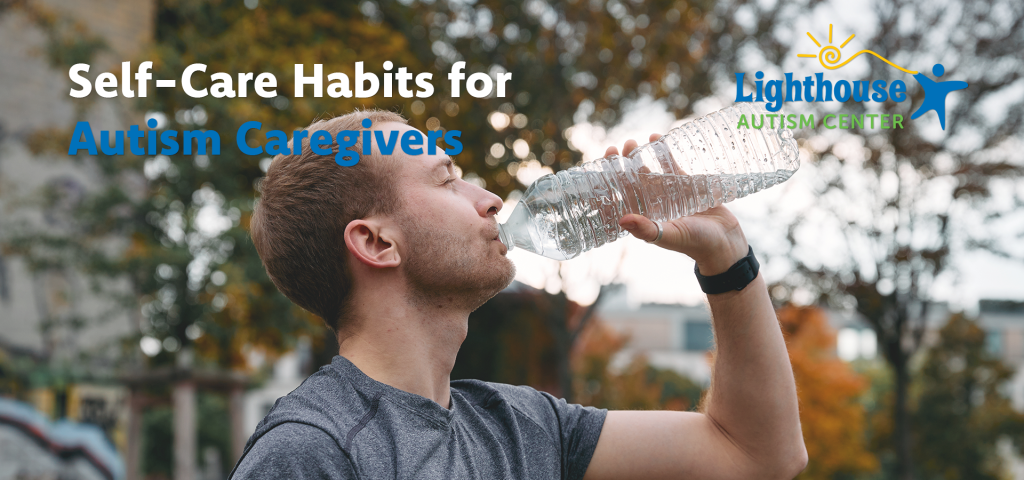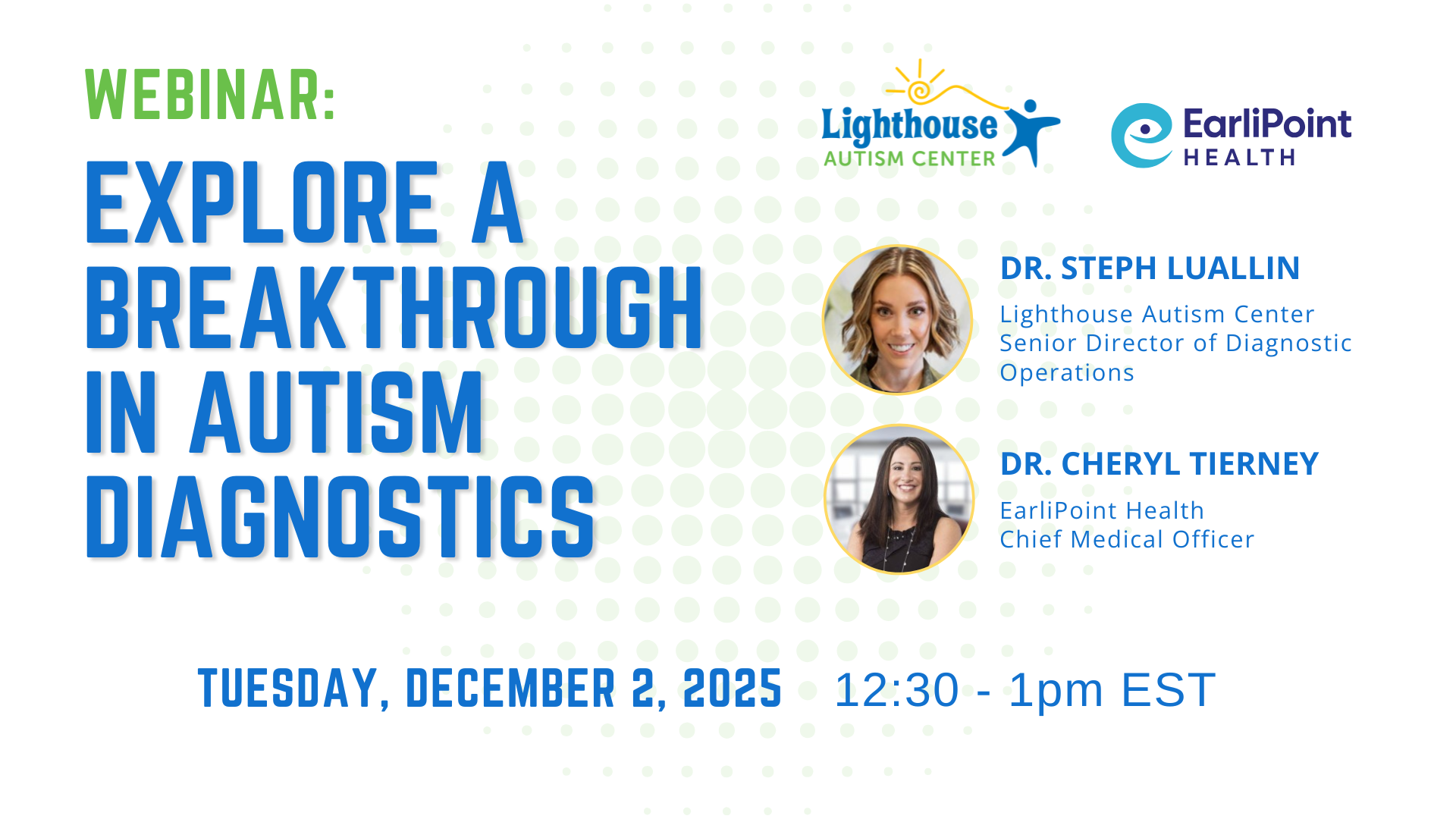Autistic children are often labeled as picky eaters, but the truth is that they face a unique set of challenges that can make mealtimes extremely stressful. Discover helpful tips on introducing new foods into your child’s diet to make mealtimes more nutritional and enjoyable for everyone at the table.
Autism and Food: Tips for Introducing New Foods and Healthy Eating
Many families describe evenings spent negotiating bites, separating foods on the plate, and planning around a short list of “safe” meals. Children on the autism spectrum are notoriously selective about the foods they consume. And, usually, this isn’t simply because they’re picky eaters.
Autistic children may struggle to eat certain foods because their senses process taste, smell, color, temperature, and especially texture differently. And, because many autistic children are drawn to the comfort of predictable routines, new foods can also feel overwhelming. Still, a nutritious, balanced diet is essential for growth, development, and overall well-being. So, what can you do if your child won’t eat their food?
If you’re tired of googling “best foods for picky eaters” and feeling like you’re hitting a wall, it may be time to consider a different strategy.
Autism and Picky Eating: Why Are Autistic Children So Selective About Food?
Of course, you already understand the importance of consuming a well-rounded diet with a variety of fresh fruits and vegetables, lean proteins, and healthy fats. However, studies have shown that children with autism-related symptoms are five times more likely to demonstrate atypical eating behaviors, including narrow food selections, ritualistic eating behavior, and even throwing meal-related tantrums.
This makes getting enough nutrition a real challenge for many families. And, if you’re a family that likes to eat out, food aversions can also make going to a restaurant with an autistic child a challenge.
But there are ways to work on this, starting with understanding where your child is coming from.
Autistic people may be sensitive to the taste, smell, color, and texture of foods. Because of this, they may limit or avoid particular foods or even whole food groups. As the parent or guardian, you’re then faced with the task of managing their dietary preferences and being supportive while still trying to make sure they’re getting all of the nutrients they need. This can be a fine line to walk, but with care, sensitivity, and the right approach, you can help your autistic child develop a more balanced and nutritious diet.
With the right strategies, it is possible to support your child’s nutrition and even gradually expand their diet. By focusing on the underlying causes, whether it’s anxiety, sensory sensitivity, or inflexible routines, you can help reduce stress at mealtimes and slowly build a more positive relationship with food.
Autism Eating Habits: Picky Eating vs. Food Rejection
While it’s common for autism to affect your child’s eating habits, it’s important to understand that there is a significant difference between what is colloquially considered “picky eating” and the unique challenges that children on the autism spectrum face. Most children, especially toddlers, go through stages where they refuse certain foods because of taste, smell, or texture. Generally, this is something they grow out of.
Autistic children, however, aren’t just “being difficult.” Problematic mealtime behaviors may be a result of sensory issues, underdeveloped oral motor musculature (which makes certain textures troublesome), gastrointestinal issues they aren’t able to communicate, the need for routine, or challenges with trying new things in general.
Another factor that contributes to the idea that autistic children are picky eaters is the myth of “high-functioning autism,” which suggests that an individual who excels academically or is socially competent is “high-functioning.” However, low support needs autistic children, who have high intelligence or excellent social skills, are still likely to struggle with daily tasks like brushing their teeth, making decisions, or telling time. When children seen as “high functioning” struggle with eating certain foods, their behavior can be misconstrued as merely “being difficult.”
If feeding issues are not addressed, mealtime stress can build up for both child and parent. Many families find themselves relying on a handful of “safe” foods to avoid a negative backlash, which can make introducing new options even harder down the road. The longer feeding issues are allowed to continue, however, the more difficult and time-consuming it may be to help your child develop healthy eating habits.
Everyone knows how challenging changing your eating habits can be, and this is especially true for autistic children. Because they may hyper-focus on certain foods while refusing to try others, both behavioral therapy and nutritional therapy may be necessary.
This will help adjust symptoms that may otherwise become maladaptive behaviors, as well as ensure you are working toward a well-balanced diet.
Ruling Out Medical Issues
Common gastrointestinal issues associated with food rejection include acid reflux, constipation, diarrhea, and eosinophilic esophagitis. Autistic children are just as likely to suffer the same GI disorders as other children, but the difference is that they may not be able to localize or verbalize their discomfort. If a child senses or fears that a specific food may trigger pain, they are likely to refuse it, become suspicious of it, or throw tantrums.
This makes it important for parents to be proactive in discovering the source of their child’s discomfort. A pediatric gastroenterologist can help rule out medical issues.
Techniques for Expanding Your Child’s Diet
Supporting an autistic child with eating challenges means looking beyond “picky eating” and understanding the unique reasons behind autism food aversions and autism and food refusal. Each child is different, but certain approaches can make a big difference, especially when they honor sensory needs and promote confidence at the table.
Below are practical, stepbystep techniques that families and therapists use to help autistic children become more comfortable with new foods. These methods are designed to reduce stress, encourage exploration, and create positive experiences around mealtimes.
1. Start Small
When it comes to food aversion and autism, your child most likely has a few favorite foods. When you’re figuring out how to try new foods in your child’s diet or previously rejected foods, you can create a positive association by introducing minuscule amounts of these foods alongside their pre-established favorites.
The first time, they may not necessarily eat the food, but they can still get used to its presence and appearance. Even if they don’t want to try it, you can encourage them to touch, smell, and explore the food. The next time, you might ask them to try a single bite and praise them for being willing to try.
2. Try Desensitization Practices
If your child has strongly rejected a certain food, but you feel it is necessary as part of a healthy diet, or it’s a staple in your household, you’ll need to reintroduce the food even more slowly, using a desensitizing technique.
For example, if your child hates apples, start by placing apples in the house. Next, bring an apple into the room during playtime. This way, they can get used to the food without having to eat it.
After a while, you might place some apples on the table during meals without requiring them to touch or eat them. Next, put a slice of apple on their plate. When they are okay with the apple slice on their plate and their original feelings of aversion have been resolved, invite them to try a bite.
3. Offer Choices and Control
No one likes to be told what to eat, and sometimes, your child will simply not like a certain food — this is completely natural. To accommodate this and give your child the opportunity to exercise healthy control, offer a wide variety of choices (within the necessary categories that form a well-balanced meal) and allow them to decide.
For instance, when choosing dinner, allow your child to choose one ingredient from a variety of vegetables, starches, and proteins. If you’re making a curry, stew, or pasta dish, ask them to add one “mystery” ingredient to the dish for the other family members to discover. They might choose chicken, broccoli, or beans, for instance.
4. Adjust Textures
Hypersensitivity is a very common occurrence when it comes to autism and food textures. Often, it’s the way a food feels in the mouth, not its flavor, that produces a strong aversion to certain foods. The crunchy texture of an apple or the squishy texture of a freshly sliced tomato is a classic example.
Luckily, there are a multitude of ways to prepare foods and also a variety of healthy substitutes. Pears, for example, are much softer than apples, and apples could also be served stewed. Tomatoes can be blended or chopped finely into salsa or cooked into a sauce and served over pasta or as a dip for potato wedges.
One of the best ways to get picky eaters to eat veggies is to prepare them in a new and exciting way or work them into other dishes where they are not as easily distinguishable. For example, you could grate zucchini into oatmeal, add broccoli to homemade chicken nuggets, or blend leafy greens into smoothies without anyone noticing.
5. Set Realistic Goals
Mealtimes shouldn’t be a battleground, so be sure to manage your emotions, adjust your expectations, and set realistic goals. Many children need to taste a food more than a dozen times before they’re willing to eat it without any fuss. Autistic children with food aversions may take longer, so be sure to practice patience and create a safe environment for your child to explore new foods.
There are likely a number of behaviors that require some practice when it comes to mealtimes, so rather than trying to correct them all within a single meal, break them into individual goals. Then, prioritize those goals and address them one at a time. Are you trying to increase the variety of foods your child consumes? The amount they eat? Correct disruptive behavior at the table? Identify your primary target, make the target known to both your child and other caretakers, and focus meals on progressing in that area.
If, for instance, your child barely eats two or three bites at a meal, it’s unreasonable to expect them to clear their plate, and it’s probably not the best time to start introducing new or previously rejected foods.
Instead, try increasing their intake by one bite per meal, and be sure to praise their success rather than piling more expectations on them because you think the meal is going well.
Lastly, expect a certain amount of resistance. This might include crying or whining, verbal aggression, and/or disruptive behaviors. The presence of these things doesn’t mean you’re not making progress, so adjust your expectations accordingly and don’t give up or give in.
6. More Ways to Address Food Aversion</h3>
Other things that can help reduce anxiety around mealtimes include:
- Role modeling healthy eating behaviors.
- Consistent and enjoyable mealtime routines.
- Making changes to how you prepare and/or present previously rejected foods.
- Playing with and exploring new and/or previously rejected foods.
- Praising every sign of progress, no matter how small.
Take A Multifaceted Approach
Like many things, it may take a multifaceted approach to see a significant difference when it comes to picky eating and autism. With time, consistency, and patience, however, you and your little one are sure to experience incredible progress.
Seeing meaningful change with autism and food aversions often requires a blend of approaches, including patience at home, support from experts, and strategies tailored to your child’s unique needs. At Lighthouse Autism Center, our innovative Lighthouse Fusion® therapy approach combines ABA and speech therapy to help families make real progress in their child’s daily routines, including with mealtimes.
If you’re ready to take the next step or want more guidance for your family, contact us to learn how our team can support your child’s growth, one small success at a time. Or, explore the autism resources on our website to learn more about autism and how you can support your child.
Discover more helpful autism resources



















